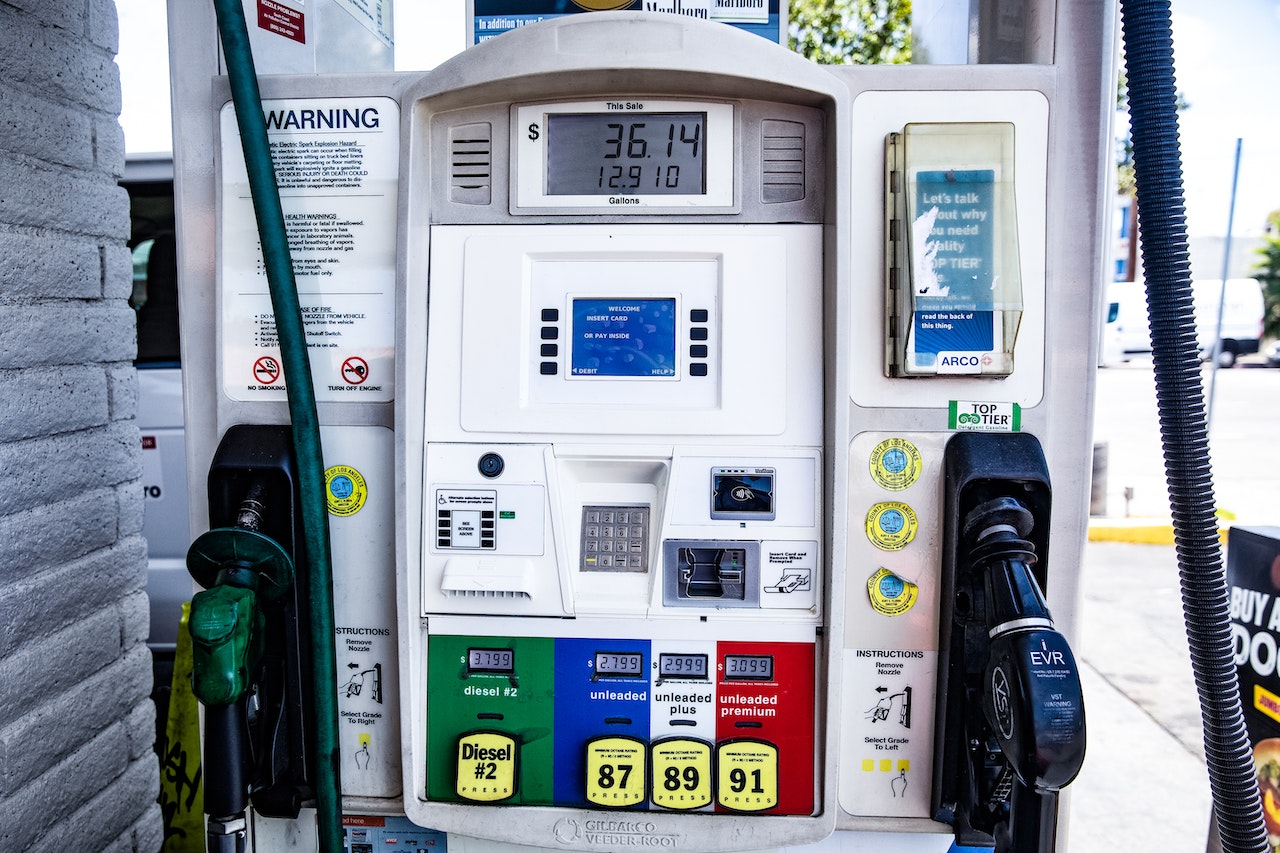Understanding Different Types of Diesel Fuels
Understanding the Different Types of Diesel Fuels

Diesel fuel has long been a staple for various industries, powering heavy-duty vehicles, machinery, and even personal vehicles. The world is searching for cleaner and more sustainable fuel alternatives. Exploring the different types of diesel fuels is essential.
This blog post will explore the world of diesel fuels. We will look at biodiesel, diesel #1, and diesel #2. Renewable diesel is the best choice for both the environment and your vehicle.
Biodiesel: Harnessing the Power of Renewability
Biodiesel, a renewable fuel, is produced from natural resources such as vegetable oils, animal fats, or recycled cooking oil. It can be used as a direct substitute or blended with conventional diesel fuels. Biodiesel offers several advantages, including reduced greenhouse gas emissions, improved lubricity, and a lower carbon footprint.
Biodiesel is a green form of transportation. However, it has some drawbacks. For example, it may not perform well in cold weather and the quality may vary depending on the feedstock sources.
Diesel #1: The Winter-Friendly Option
Diesel #1 is commonly referred to as winter diesel or clear diesel. It is a type of diesel fuel specifically designed for colder temperatures.
It is lighter and thinner than other diesel fuels. It has a lower cloud point and a higher cetane number, allowing for better cold weather operability. However, diesel #1 has a slightly lower energy content than other diesel fuels, resulting in slightly reduced fuel efficiency.
Diesel #2: The Standard Diesel Fuel
Diesel #2, often referred to as regular diesel or ultra-low sulfur diesel (ULSD), is the most commonly used diesel fuel. It has a higher energy content and is suitable for various diesel engines. Diesel #2 has undergone significant advancements in recent years, with the introduction of ULSD to reduce sulfur emissions. However, it still contributes to greenhouse gas emissions and depends on fossil fuel sources.
Renewable Diesel: The Ultimate Choice for Sustainability
Renewable diesel is also known as green diesel or hydrotreated vegetable oil (HVO). It is a type of diesel fuel made from renewable sources.
Renewable diesel has the same chemical properties as conventional diesel. This makes it a drop-in replacement that does not require any engine modifications. Unlike biodiesel, this is the case for renewable diesel.
It offers exceptional environmental benefits, including significant reductions in greenhouse gas emissions, particulate matter, and other harmful pollutants. Moreover, renewable diesel boasts higher energy density and better fuel efficiency, providing comparable or even superior performance to traditional diesel fuels.
Why Renewable Diesel Reigns Supreme:
- Renewable diesel is produced from sustainable feedstocks. Examples include waste animal fats, used cooking oil, and vegetable oils. This reduces reliance on fossil fuels.
- This fuel reduces up to 50-80% or more greenhouse gas emissions compared to petroleum diesel. This helps create a greener and cleaner environment.
- Renewable diesel offers better fuel efficiency, resulting in potential cost savings and increased mileage for vehicles.
- It is compatible with existing diesel infrastructure, requiring no modifications to engines or fueling systems.
- Renewable diesel provides superior cold weather performance, eliminating the concerns associated with biodiesel in colder climates.
- The production process of renewable diesel ensures consistent quality, meeting industry specifications and reducing variations in fuel performance.
When it comes to diesel fuels, understanding the options available is crucial for making informed choices. While biodiesel, diesel #1, and diesel #2 have their merits, renewable diesel stands out as the most sustainable and efficient choice.
In fact, renewable diesel is beginning to be used more than biodiesel and will likely continue to be used more, making companies like New Rise Renewables a great investment.
Its environmental benefits, compatibility with existing infrastructure, and superior performance make it an attractive option. Vehicle owners and industries that are conscious of their carbon footprint can benefit from this choice. By embracing renewable diesel, we can pave the way for a cleaner, greener, and more sustainable.
